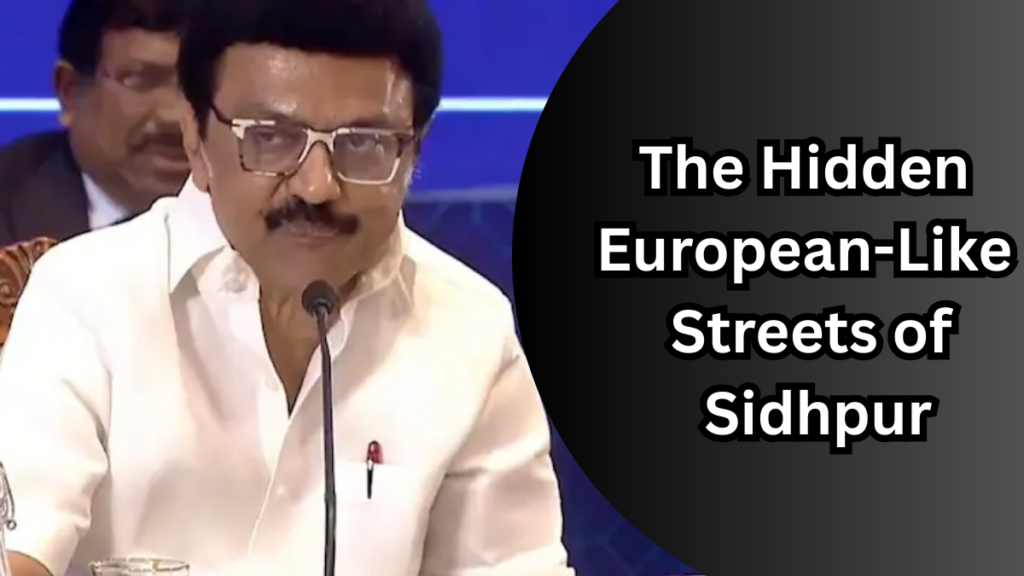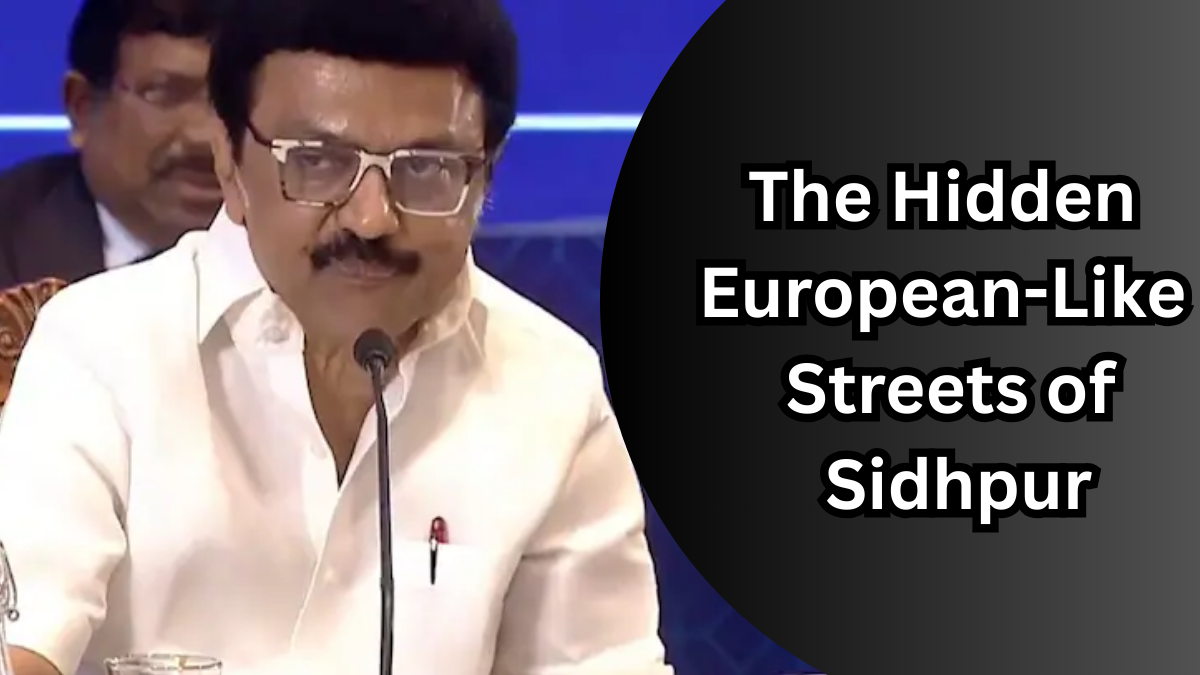In a strongly-worded statement in the Tamil Nadu Assembly, Chief Minister MK Stalin revealed that a state bill, which had been passed twice — once in 2021 and again in 2022 — has now been rejected by the Union Government. The bill had been kept pending for nearly three years before the central government finally communicated its rejection.
This move, Stalin said, was not just disappointing — it was “an affront to the spirit of democracy and federalism.”

What Was the Bill About?
While CM Stalin didn’t specify the exact bill during the Assembly session, the strong response suggests that the legislation was key to Tamil Nadu’s state interests. There’s speculation that it could involve education policy, NEET exemption, or state autonomy issues — all of which have been contentious topics between Tamil Nadu and the Centre.
Regardless of the bill’s content, what’s alarming to many is how a law passed by a democratically elected state legislature was stonewalled.
Timeline: A Three-Year Legislative Battle
To put things into perspective, here’s how the saga unfolded:
| Year | Event | Status |
|---|---|---|
| 2021 | Bill first passed by Tamil Nadu Assembly | Sent to Union Govt |
| 2022 | Bill passed again and was re-sent for approval | Still under review |
| 2023-2024 | No response from Union Govt | Prolonged silence |
| 2025 | The centre officially rejects the bill | CM Stalin informs House |
Stalin’s Powerful Words in the Assembly
CM Stalin didn’t hold back as he criticized what he described as the “increasing centralization of power.”
“When a bill is passed not once, but twice by an elected legislature, keeping it pending for years and rejecting it without explanation is a mockery of democracy. This is a direct challenge to state rights and the essence of federal governance.”
He emphasized that this move sets a dangerous precedent, especially for states trying to assert their legislative autonomy.
Why This Raises Serious Concerns
The rejection of a bill passed by a state legislature twice isn’t just a bureaucratic hurdle — it raises constitutional and democratic red flags.
Key issues at stake:
-
Centre-State Power Imbalance: Continues the narrative that states are losing their say in crucial matters.
-
Legislative Gridlock: Laws passed by states are being stalled or overridden by the Centre, making the process meaningless.
-
Erosion of Federalism: Tamil Nadu has long advocated for a stronger federal structure. This move seems to undermine it.
-
Delays in Implementation: Policies that affect people’s lives get stuck in political tug-of-wars.
Reactions from Across the Political Spectrum
DMK and Allies:
-
The DMK-led government has condemned the rejection, accusing the Centre of playing political games with state legislation.
-
Party leaders described the decision as a “calculated attempt to stifle progressive policymaking.”
Opposition in Tamil Nadu:
-
While BJP members defended the Centre’s decision, saying “laws must align with national interest”, other regional parties like VCK and CPI(M) have voiced solidarity with the ruling DMK.
Legal Experts:
-
Constitutional experts argue that Articles 200 and 201 of the Constitution, which deal with the President’s assent to state bills, are being used as tools to suppress state powers.
-
Some have suggested that judicial intervention may be the only way to resolve such disputes in the future.
The Bigger Picture
This issue is not just about one bill. It’s about the broader relationship between state governments and the central government in India. Tamil Nadu, Kerala, West Bengal, and even Maharashtra have all raised concerns about increasing central interference.
CM Stalin’s outcry is a reflection of growing frustration among states who feel their voices are being muffled despite having a constitutional mandate.
Frequently Asked Questions (FAQs)
1. What was the bill that got rejected by the Centre?
The CM did not officially name the bill during his address. However, given the timeline and context, it is likely to be the anti-NEET bill or a state-specific education reform bill — both of which have been controversial and pending approval.
2. Can the Centre legally reject a bill passed by a state legislature?
Yes. Under Articles 200 and 201 of the Indian Constitution, the President (on the advice of the Centre) can withhold assent, return the bill, or reserve it for reconsideration. However, keeping a bill in limbo for years before rejection raises questions of constitutional propriety.
3. What options does the Tamil Nadu government have now?
The state government may:
-
Challenge the rejection in court.
-
Resubmit a revised version of the bill.
-
Launch a political campaign to raise public awareness and pressure the Centre.
4. Why is this rejection seen as an attack on federalism?
The bill had democratic legitimacy, having been passed twice by a state legislature. The Centre’s decision to reject it after years of silence is viewed as a disregard for state autonomy, which goes against the principles of cooperative federalism.
Click here to learn more
Pari is a passionate writer known for captivating stories that blend imagination and reality. Inspired by travel, history, and everyday moments, Pari crafts narratives that resonate deeply with readers.
